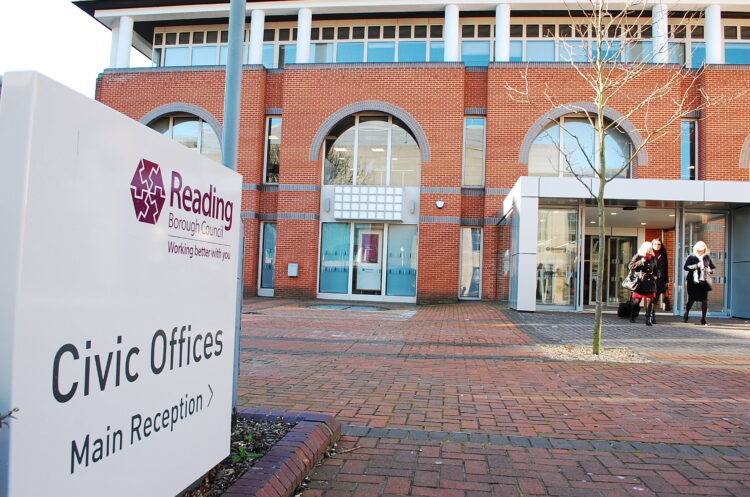By Tony O’Riley-
Reading council failed to find accommodation for more than half of homeless households last winter, according to recent figures.
Housing charity Shelter have expressed concern that evictions introduced during the coronavirus crisis could soon leave councils flooded with applications from newly homeless families.
Shelter say that local housing authorities have a legal duty to provide relief to homeless households, in other words, they must try to help them secure accommodation that will last them at least six months.
The duty expires automatically after a period of 56 days, however – even if the council has been unable to find them suitable housing.
Ministry of Housing, Communities and Local Government figures show this relief duty ended for 146 eligible households in Reading between October and December last year.
Of these, 75 (51%) had not been helped to secure a home, which is worse than the previous three months when 49% remained homeless.
This means Reading Borough Council’s success rate is lower than the national average, with 51% of 39,000 homeless households owed relief across England not housed during the last three months of 2019
The charity are calling for a three-month ban on evictions introduced in March to be renewed at the end of June to prevent a flood of homeless claims.
Chief executive Polly Neate said: “Even before the pandemic councils were barely able to help half the homeless people turning to them.
“The system will buckle if more families become homeless once the evictions ban is lifted in a few short weeks.
“If the Government lifts the eviction ban without putting in protections for renters, it will unleash a wave of homelessness that will see councils drown and families needlessly suffer.”
In Reading, 31% of the households who were eligible for relief duty lost their last home because a private tenancy ended –the most common cause of homelessness during this period.
The council may still have to provide temporary accommodation such as a hostel place for households who do not find suitable housing during the 56-day relief period.
Jon Sparkes, chief executive of housing charity Crisis, said the Government’s measures have helped people keep their homes, but without further plans it risks “soaring levels” of homelessness.
Overall, there were 314 households identified as homeless in Reading between October and December– an increase of 12% on the same period in 2018.
The MHCLG said 90% of rough sleepers have been offered accommodation during the pandemic, with £489 million provided this year to stop people becoming homeless in the first place.
A spokesman said: “During these unprecedented times, we continue to work intensively with councils to get everyone who is sleeping rough off the streets and into safe accommodation, backed by £3.2bn to help councils deal with the immediate pressures they are facing during the pandemic, including accommodating rough sleepers.”




